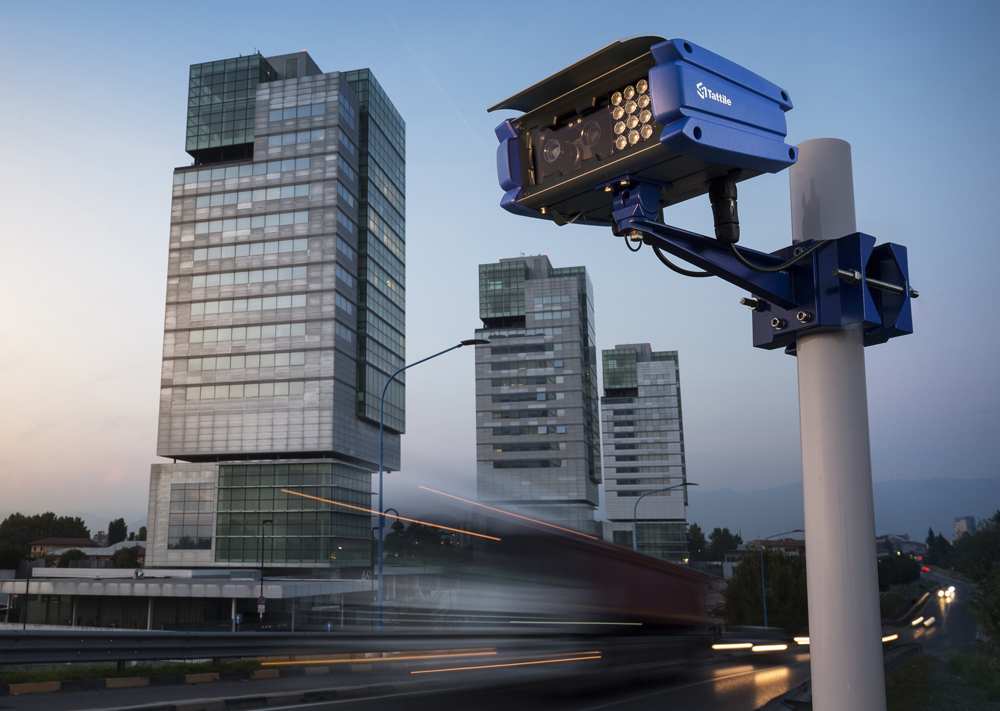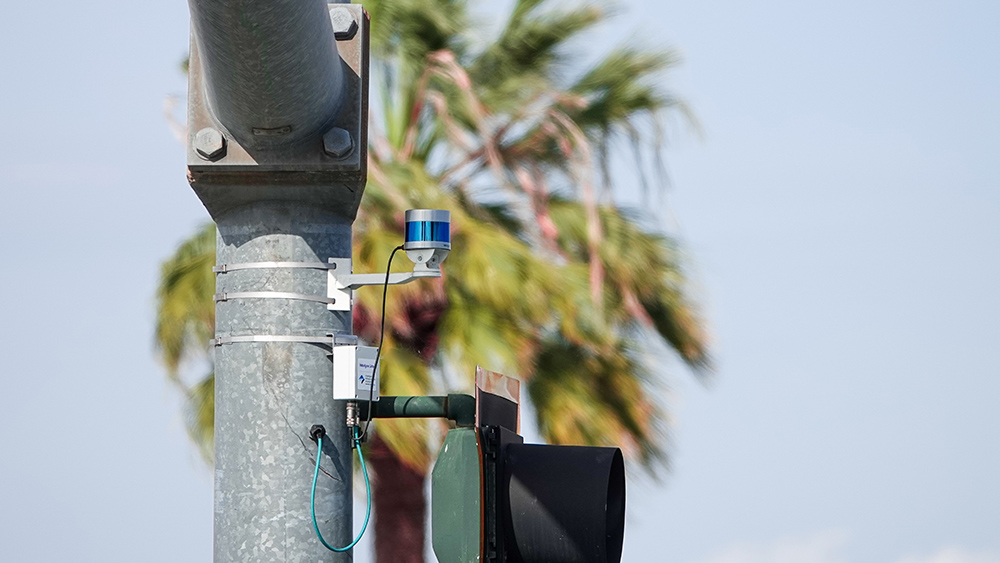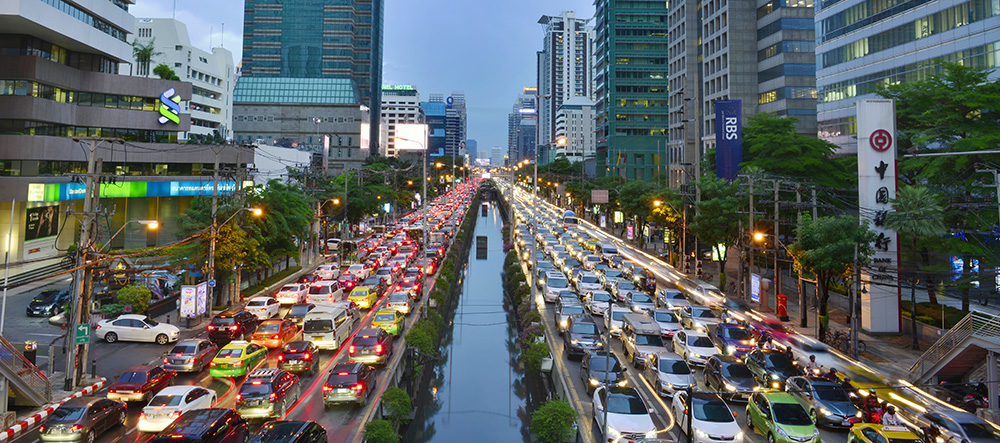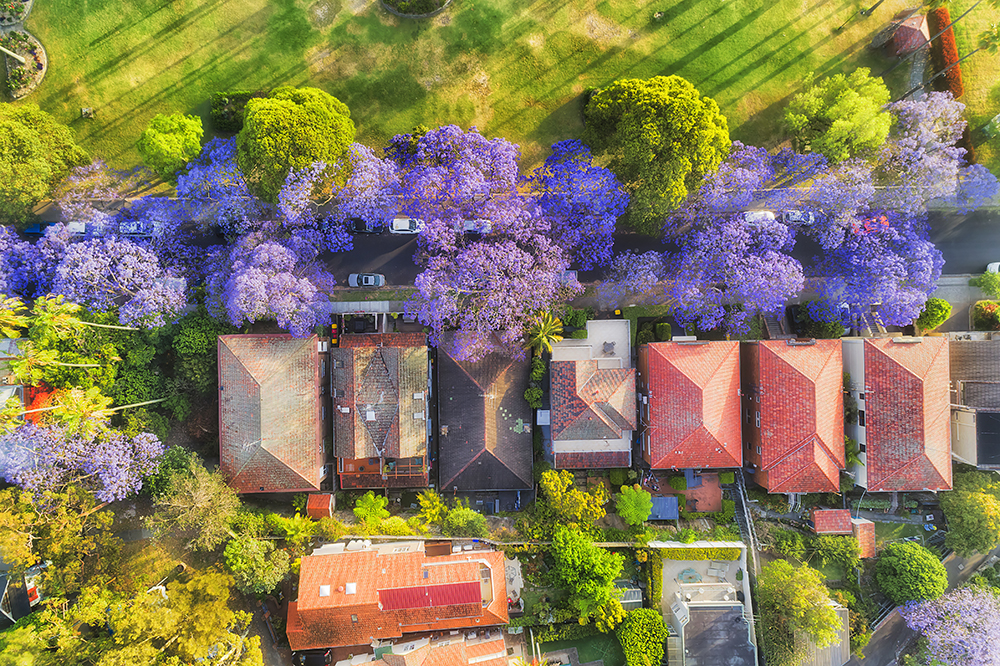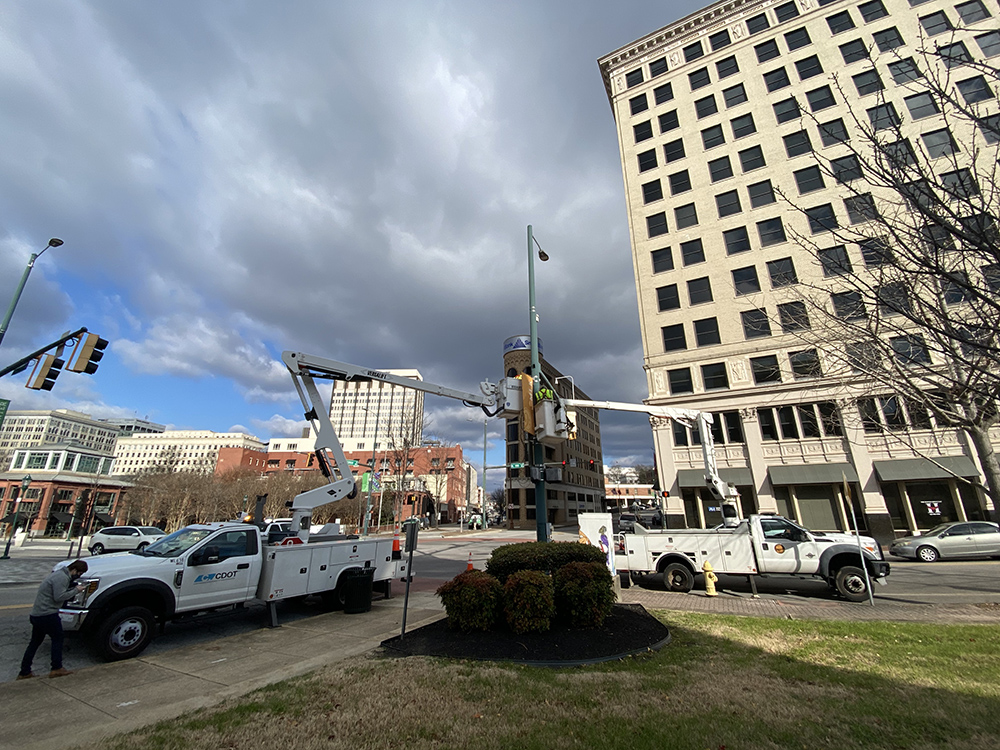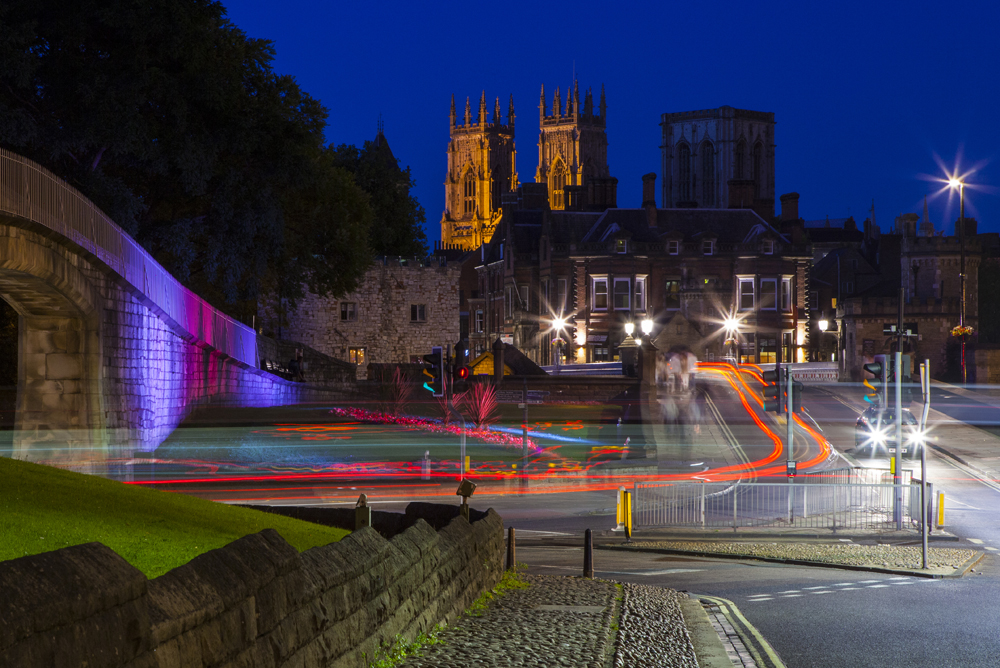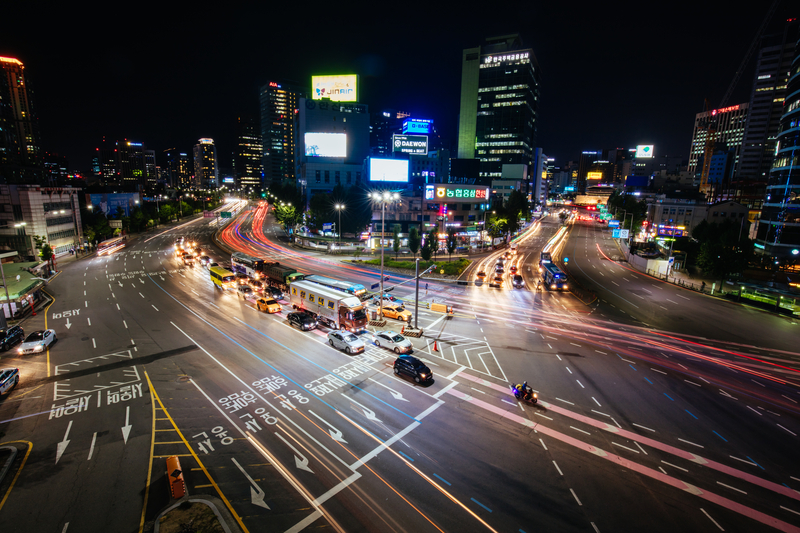
Seoul Metropolitan Government (SMG) has earmarked part of the South Korean capital as a testbed for its new smart intersection project, which will see artificial intelligence, CCTV, Lidar and other technologies combine to create a safer traffic signal system.
SMG chose Hwarang-ro, passing through the Taereung Royal Tomb in Nowon-gu, for the project as it has seen "a steady increase in traffic volume and been experiencing chronic traffic congestions".
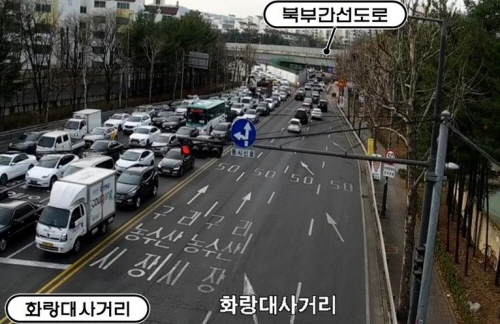
The project will be up and running by the end of the year and is expected to gather data on factors such as traffic volume, speed and incidents to allow authorities to calculate optimal signal operation times for each intersection.
This will be implemented in the pilot area in cooperation with the Seoul Metropolitan Police Agency (SMPA).
"The smart intersection system is expected to ease the inconvenience of drivers who have to wait for constant signal intervals in an area with high traffic volume and demand," says SMG in a statement.
"In particular, Hwarang-ro regularly experiences traffic congestion due to its connection to Dongbu Expressway and Bukbu Expressway that connects Seoul with the surrounding areas."
Average waiting time for individual cars will decrease while the number of cars passing in each signal interval will increase, thus boosting the efficiency of traffic flow.



